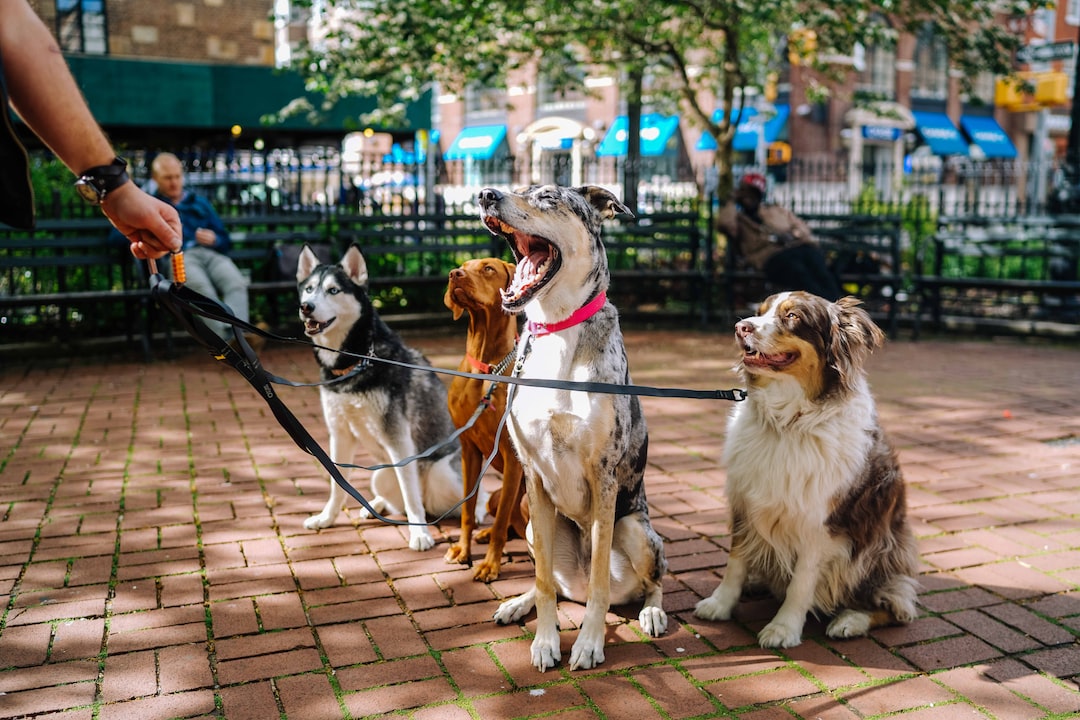
10 Signs Your Rabbit Is in Distress: When to Seek Veterinary Care
Share010 Signs Your Rabbit Is in Distress: When to Seek Veterinary Care
Rabbits are adorable, cuddly creatures that make wonderful pets. They are known for their delicate nature and need extra care and attention. As responsible bunny owners, it is crucial to stay alert and notice any signs that your rabbit may be in distress. Being aware of these indicators will enable you to seek veterinary care promptly, ensuring the health and well-being of your beloved fluffy companion.
1. Irregular Eating Habits: Rabbits are known for their voracious appetite. If you notice a sudden decrease in their food intake, it could be a sign of an underlying problem. Contact your veterinarian if your rabbit is not eating as they normally do.
2. Abnormal Droppings: Keep an eye on your rabbit’s droppings. Healthy rabbits typically produce firm, round pellets. Soft or sticky droppings can indicate gastrointestinal issues, which require immediate veterinary intervention.
3. Changes in Urination: Pay attention to your rabbit’s urine habits. Excessive urine production or discolored urine can indicate bladder or kidney issues. Any deviations from their normal urination routine should be reported to your vet.
4. Lack of Energy: If your once lively and active rabbit suddenly becomes lethargic and uninterested in their surroundings, it could be a sign of distress. Rabbits are highly susceptible to stress and can easily become depressed if their environment or routine changes. Seek professional advice if you witness such behavior.
5. Respiratory Problems: Labored breathing, wheezing, coughing, or sneezing are all signs of respiratory distress in rabbits. These symptoms could be the result of allergies, infections, or other underlying health issues. Immediate veterinary care is necessary to prevent the condition from worsening.
6. Changes in Coat Quality: Your rabbit’s fur is a good indicator of their overall health. A dull, unkempt coat or excessive hair loss could indicate a mite infestation, skin infection, or even a nutritional deficiency. Consult your veterinarian to identify and address the underlying cause.
7. Dental Issues: Rabbits have continuously growing teeth, and improper alignment or overgrowth can be painful. If you notice drooling, difficulty eating, or your bunny pawing at their mouth, it is important to schedule a dental check-up with a rabbit-savvy veterinarian.
8. Eye Problems: Watery or red eyes, discharge, or cloudiness in your rabbit’s eyes are all signs of infection or injury. Rabbits are susceptible to eye infections and should receive immediate veterinary attention to prevent complications.
9. Inappropriate Grooming Habits: Rabbits are known for their meticulous grooming habits. Excessive grooming, fur pulling, or bald spots can indicate stress or an underlying medical issue. Schedule a vet visit if you observe abnormal grooming behavior.
10. Digestive Issues: Rabbits have a delicate digestive system that can be easily disrupted. Diarrhea, constipation, or bloating can be signs of gastrointestinal problems. Prompt veterinary care is essential to prevent potentially life-threatening conditions like GI stasis.
Remember, rabbits are prey animals, and they hide their illnesses well. It is essential for rabbit owners to be vigilant and familiarize themselves with these signs of distress. Regular check-ups with a rabbit-savvy veterinarian, as well as maintaining a balanced diet and a stress-free environment, are essential to keep your rabbit in good health and prevent any potential health issues from escalating.
If you suspect that your rabbit is experiencing any distress or discomfort, do not hesitate to contact your trusted veterinarian. Your rabbit’s health and happiness are in your hands, and by staying alert, proactive, and seeking early veterinary intervention, you can ensure a long and fulfilling life for your furry friend.
